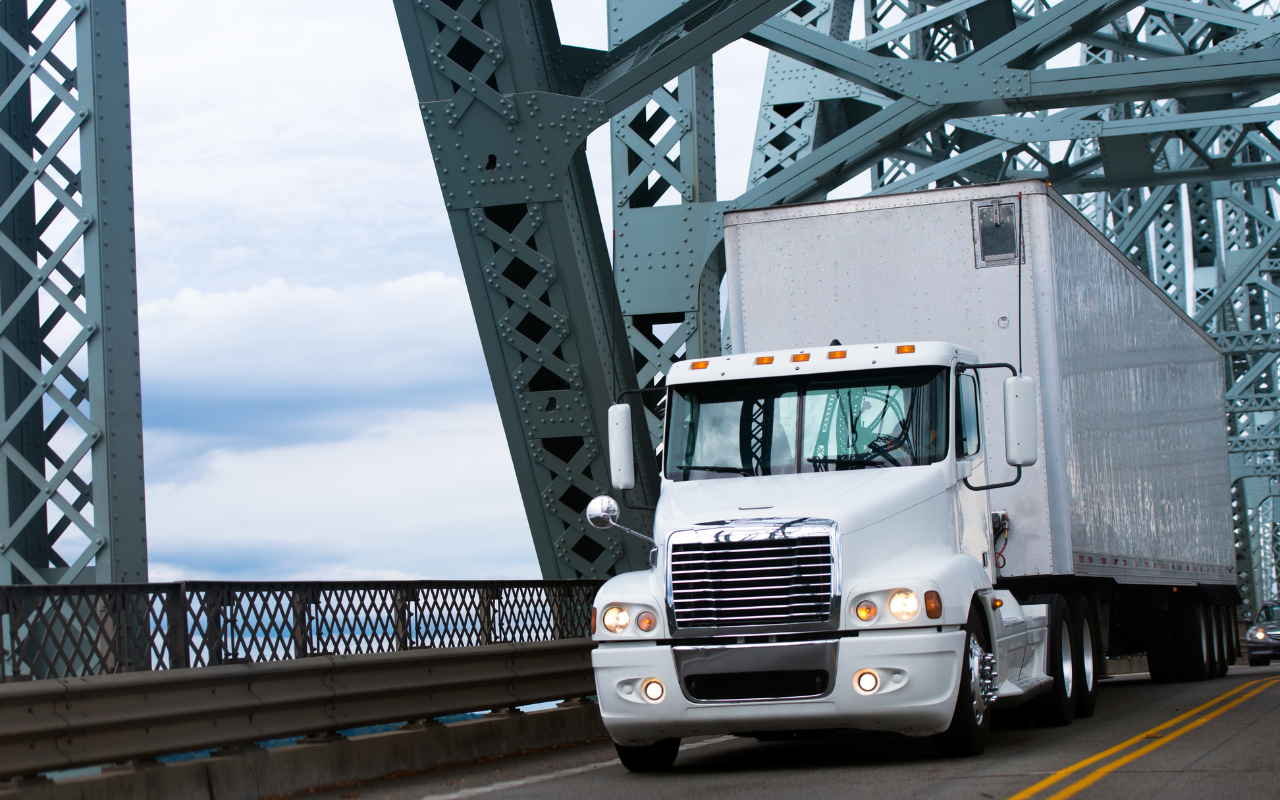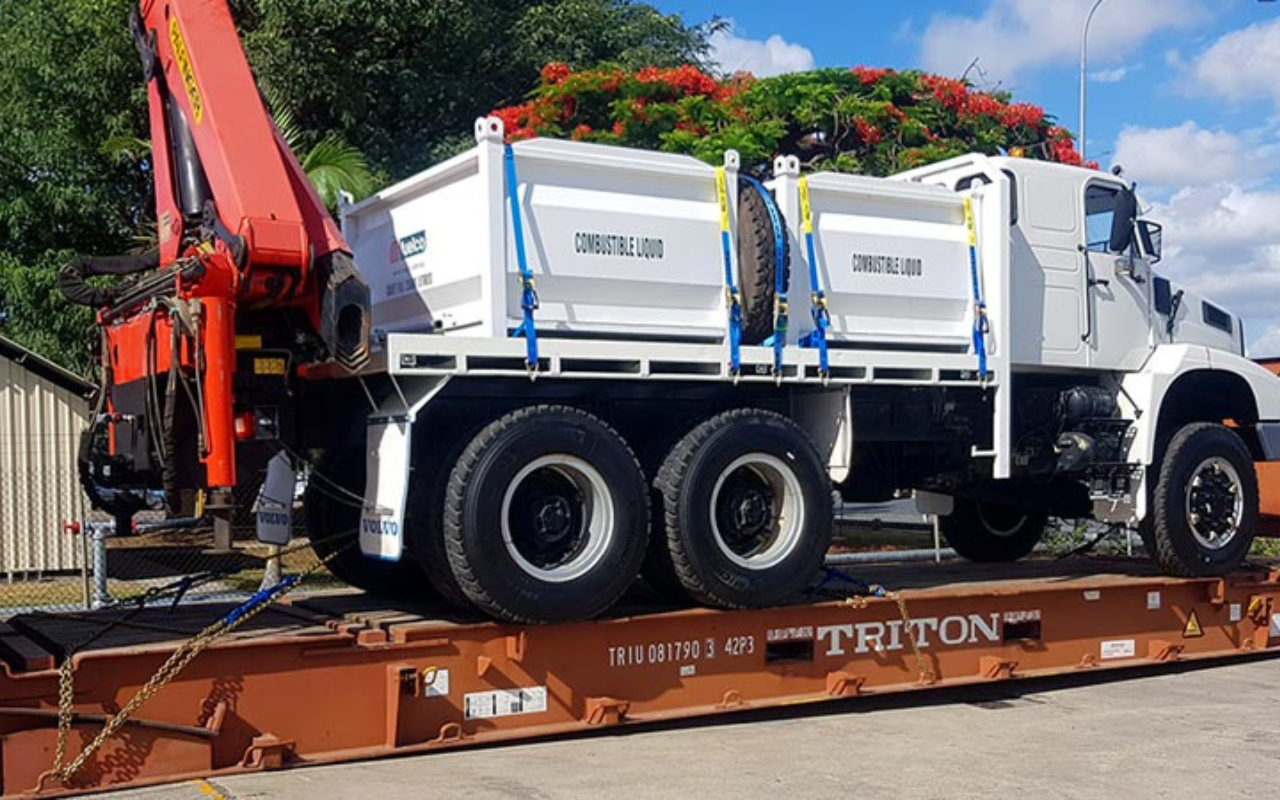A reefer truck is the go-to solution for transporting temperature-sensitive goods. These specialized vehicles keep perishable products fresh or frozen, ensuring safe delivery. For industries that rely on the consistent quality of their temperature-sensitive products, understanding the functions and benefits of a reefer truck is essential.
In this article, we’ll explore what makes a reefer truck unique, how it operates, and its role across different sectors. We’ll also discuss how it differs from other trucks, its advantages, and why it’s the trusted choice in refrigerated logistics.
What is a Reefer Truck?
A reefer truck, short for “refrigerated truck,” is a truck or trailer equipped with a refrigeration unit. With this technology, the car can maintain a controlled environment that keeps goods at a specific temperature throughout the journey. Reefer trucks are often used to move goods that go bad quickly, like fresh food, meat, dairy, seafood, and even medicines, where keeping the right temperature is very important.
Unlike standard trucks, reefer trucks include an insulated interior and a refrigeration system ranging from simple cooling to advanced freezing settings. This technology enables long-haul transportation of goods that would otherwise spoil or lose quality, allowing fresh products to reach consumers even across vast distances.
How Does a Reefer Truck Work?
The operation of a reefer truck revolves around its refrigeration unit. The car has thick insulation and a compressor, condenser, evaporator, and refrigerant. Here’s a breakdown of how these components work together to keep the truck’s interior at the desired temperature:
- Compressor: The compressor takes in low-pressure refrigerant gas and compresses it, increasing the pressure and raising the temperature.
- Condenser: The hot gas then flows through the condenser, which cools and condenses into a high-pressure liquid.
- Evaporator: This liquid passes through the evaporator inside the truck, absorbing heat from the truck’s interior and cooling the environment. The coolant takes in heat, turns into a gas, and moves back to the pump.
- Temperature Control: The reefer truck driver or operator sets the required temperature, allowing the system to adjust and maintain the cooling levels to ensure optimal conditions.
This continuous cycle effectively keeps the goods inside the truck at the designated temperature. In addition, most reefer trucks offer adjustable compartments, allowing drivers to transport multiple products at different temperatures.

What is the Difference Between a Truck and a Reefer?
A standard truck and a reefer truck may look similar from the outside, but they differ significantly in their functionality. A standard truck is designed to carry non-temperature-sensitive goods, typically transporting dry, durable products without requiring a controlled environment. The primary focus of a regular truck is space and weight capacity.
A reefer truck, however, has an insulated interior and a sophisticated refrigeration system. This allows it to maintain low or freezing temperatures and is suitable for perishable and temperature-sensitive items. While a regular truck can sometimes carry non-refrigerated perishables for short distances, it cannot maintain specific temperature conditions over extended periods, making it unsuitable for sensitive cargo.
Why Reefer Trucks are Vital in the Cold Chain
The cold chain is the supply chain that maintains temperature-sensitive goods within a specific temperature range from production to consumption. Reefer trucks play a critical role in this chain, especially in industries like food, pharmaceuticals, and chemicals, where any temperature control break can compromise the products’ safety and quality. By keeping items at stable temperatures, reefer trucks prevent spoilage and help extend the shelf life of perishable goods, ensuring that quality remains intact from start to finish.
At Char-Lee Haulage, we specialise in refrigerated logistics, ensuring that every delivery meets strict standards. Our flexible and reliable solutions cater to clients needing high temperature-sensitive logistics standards.
Discover how we make shipping container haulage easy and stress-free.
Reefer Trucks vs. Other Refrigeration Methods
While reefer trucks are widely used for transporting perishable goods, other transportation methods may also utilise refrigeration. Here’s how reefer trucks stack up against these alternatives:
- Reefer Containers: Large, refrigerated containers, such as shipping and rail, are typically used in intermodal transportation. Although they can maintain specific temperatures, they are more flexible than reefer trucks for last-mile delivery. In addition, How does a refrigerated container ensure quality throughout container transport? By offering controlled temperatures from origin to destination, refrigerated containers support the cold chain for large-scale logistics, ensuring product quality throughout long-haul shipments.
- Insulated Vans: Insulated vans offer limited refrigeration and are often used for short-haul deliveries. However, they cannot maintain precise temperature control for long durations, making them less reliable for extended routes.
Benefits of Using Reefer Trucks
- Versatility: Reefer trucks can carry various temperature-sensitive goods, including frozen, chilled, and even heated items.
- Extended Shelf Life: By keeping items at the correct temperature, reefer trucks can extend the shelf life of perishable products, reducing waste.
- Consistency: Reefer trucks provide reliable temperature control throughout the journey, which is critical for industries that need precise conditions.
- Regulatory Compliance: Many regions have strict regulations for transporting perishable goods. Reefer trucks help meet these requirements, protecting businesses from compliance issues.

General Storage vs. Reefer Storage
When planning the transport and storage of goods, it’s important to distinguish between General Storage / Reefer Storage options. General storage is suitable for non-perishable items that don’t require temperature control, whereas reefer storage is designed specifically for products needing precise temperature management. Reefer storage can keep items fresh or frozen for extended periods, making it the preferred option for food, pharmaceutical, and medical businesses.
Industries That Rely on Reefer Trucks
Various industries benefit from reefer trucks due to their temperature-controlled environments:
- Food and Beverage: Transporting fresh produce, dairy products, meat, and frozen foods.
- Pharmaceuticals: Ensuring safe delivery of temperature-sensitive medications and vaccines.
- Floral Industry: Preserving the freshness of flowers during transport.
- Chemical and Laboratory Supplies: Maintaining stability for certain chemicals that require specific temperatures.
How to Choose the Right Reefer Truck
When selecting a reefer truck, consider factors like temperature requirements, product sensitivity, and storage capacity. Choosing a car with adjustable temperature settings is essential if transporting various goods in different compartments.
Working with a reputable transportation provider like us at Char Lee Haulage can make this process seamless. With our experienced team and high-quality reefer trucks, we ensure temperature consistency and timely deliveries that meet our client’s specific needs.



Recent Comments